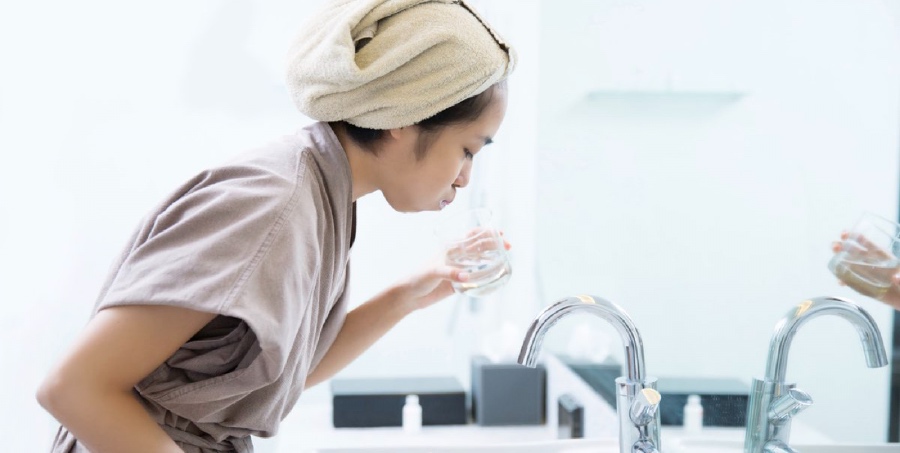Book an Appointment
(02) 93 000 999
Not everyone includes mouthwash as part of their daily dental hygiene routine, but at Dentist Mandy we’re often asked about how essential it is and what mouthwashes are better than others. If you’re interested in upping the ante on your dental care you might be interested in some of the natural alternatives we’re discussing.
As an eco-dentist, we’re all about incorporating as many natural elements to your routine as possible. Swapping out toothpastes and mouthwashes with parabens and SLS is something we advocate strongly for. But what are the alternatives when it comes to mouthwashes?
Using a natural mouthwash is a good way to reduce bacteria in your mouth and decrease the risk of gingivitis and gum disease. An alcohol-free mouth rinse is better because it is effective at getting rid of germs without the irritation alcohol can often cause.
Natural mouthwashes are preservative free and contain essential oils which are not just antibacterial, but possess anti-inflammatory, antimicrobial and antifungal properties too.
Most commercial mouthwashes use the additive Triclosan as an antibacterial agent. Although effective in preventing gum disease, studies have raised some concerns about its potential for making bacteria resistant to antibiotics.

Swapping out chemicals in favour of natural ingredients is something we like to advocate for where possible. As we mentioned earlier, there is no substitute for regular dental checks and traditional therapeutic procedures, but when it comes to maintenance, tooth powders, natural mouthwashes and tonics are effective too.
Botanical ingredients are known to condition your oral tissue and offer hydration assisting with issues such as dry mouth (xerostomia) too. Although many different botanicals and essential oils have positive properties for oral health, the three most commonly used in natural mouthwash are peppermint, cinnamon and lavender. Research has shown how effective they are for antibacterial, antimicrobial and anti-inflammatory purposes.
There is much discussion about the flow on benefits of natural mouthwashes, such as assisting with promoting good levels of acidity in your mouth as well as adding to your overall well being. On the other hand, many of the chemicals used in commercial mouthwashes, whilst effective, may lead to irritation and more damage than good.
Ultimately, of course, the choice is yours as to how to maintain great oral health and hygiene. We do recommend chatting with us here about any alternative therapies you are considering and how they may impact your dental health.
